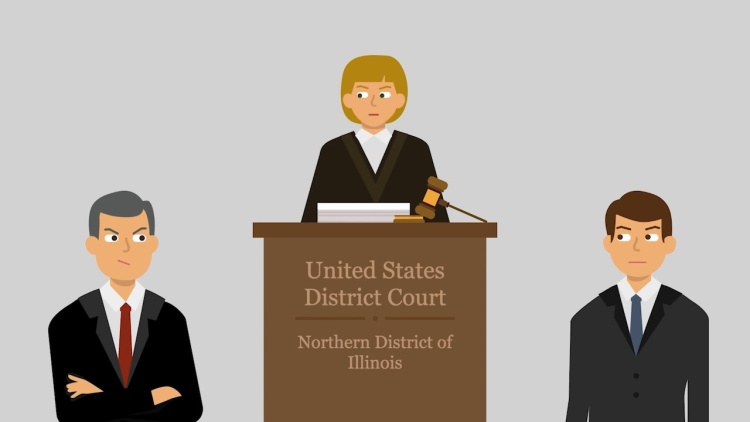Lexecon, Inc. v. Milberg Weiss Bershad Hynes & Lerach
United States Supreme Court
523 U.S. 26 (1998)
- Written by Rose VanHofwegen, JD
Facts
The law firms Milberg Weiss Bershad Hynes & Lerach and Cotchett, Illston & Pitre (defendants) represented claimants in a lawsuit against American Continental Corporation and consulting firm Lexecon Inc. (plaintiff). The claimants accused Lexecon of providing inaccurate information about the financial condition of Lincoln Savings and Loan, American Continental’s subsidiary. Multiple lawsuits arising out of Lincoln’s failure were consolidated and transferred to Arizona federal court for pretrial proceedings before Judge Bilby. The parties reached a resolution under which the claimants voluntarily dismissed their claims against Lexecon. Lexecon then sued the two law firms in the Northern District of Illinois, alleging the prior claimants dismissed because the claims were meritless and no more than a vendetta. When Judge Bilby learned of Lexecon’s allegations, he issued an order describing his markedly different understanding of the parties’ resolution. Lexecon appealed Judge Bilby’s order to the Ninth Circuit. Meanwhile, the two law firms filed a motion with the Judicial Panel on Multidistrict Litigation to consolidate Lexecon’s lawsuit against them with the Lincoln Savings litigation still in pretrial proceedings in Arizona. Judge Bilby recused himself because of the order he wrote, but the panel transferred the case to Arizona assigned to another judge. Over a year later, Lexecon asked the Arizona federal court to transfer the case back to the panel to remand back to the Northern District of Illinois. The law firms opposed the motion as pretrial discovery was still underway and asked the Arizona federal court to “transfer” the case to itself for trial. The Arizona judge agreed with the law firms and Lexecon appealed. The Ninth Circuit affirmed the self-assignment order, but the Supreme Court granted review.
Rule of Law
Issue
Holding and Reasoning (Souter, J.)
What to do next…
Here's why 907,000 law students have relied on our case briefs:
- Written by law professors and practitioners, not other law students. 47,100 briefs, keyed to 996 casebooks. Top-notch customer support.
- The right amount of information, includes the facts, issues, rule of law, holding and reasoning, and any concurrences and dissents.
- Access in your classes, works on your mobile and tablet. Massive library of related video lessons and high quality multiple-choice questions.
- Easy to use, uniform format for every case brief. Written in plain English, not in legalese. Our briefs summarize and simplify; they don’t just repeat the court’s language.







